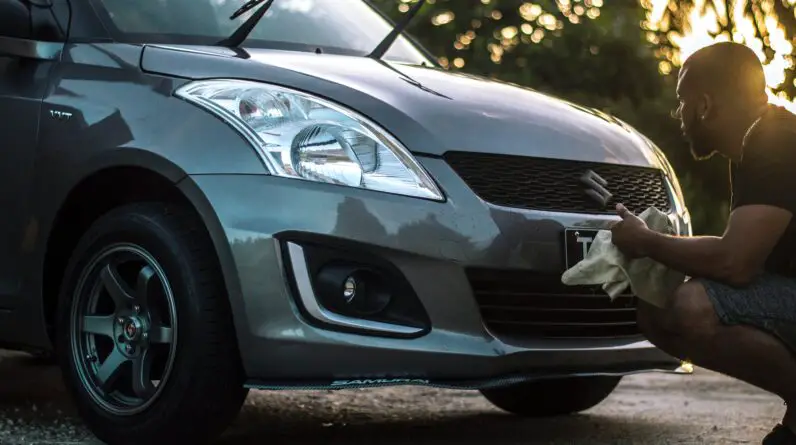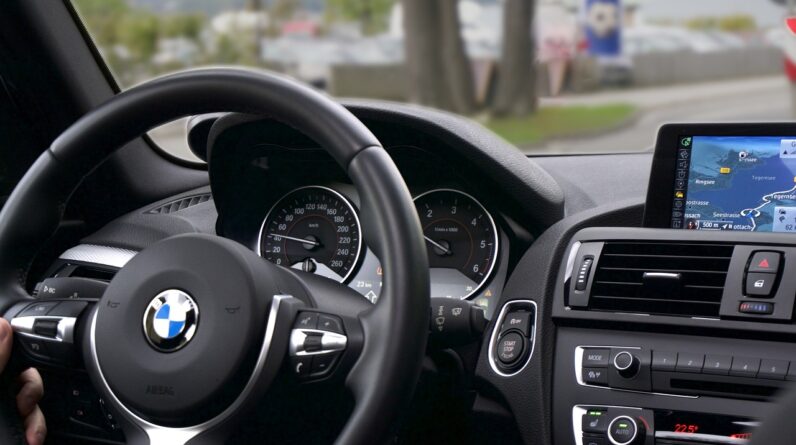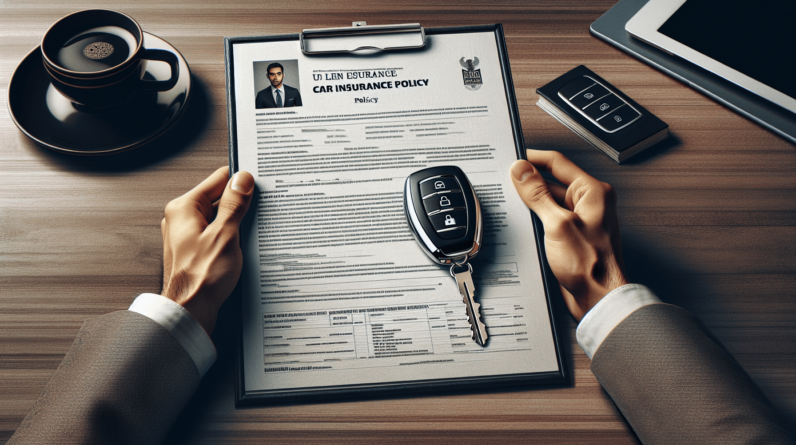
Are you unsure about the car insurance you need to have to comply with the law? Understanding what car insurance is required by law is essential for every driver. In this article, we will outline the necessary car insurance coverage mandated by law, ensuring that you have adequate protection on the road. From liability coverage to personal injury protection, we’ll break down the legal requirements, so you can drive confidently knowing you are covered.
What Car Insurance Is Required By Law
Understanding the Legal Requirements for Car Insurance
When it comes to car insurance, it’s important to understand the legal requirements in order to ensure you are compliant with the law and adequately protected in case of an accident. Car insurance laws vary by state, but most require drivers to carry a minimum amount of liability coverage. In addition to liability coverage, some states also require uninsured/underinsured motorist coverage, personal injury protection (PIP), medical payments coverage, collision coverage, and comprehensive coverage.
Minimum Liability Coverage
Liability coverage is the basic insurance required by almost every state. It is designed to protect you financially if you cause an accident and are held responsible for injuries to others or damage to their property. The minimum liability coverage typically includes two components: bodily injury liability and property damage liability. Bodily injury liability covers the medical expenses, lost wages, and legal fees of the other party if they are injured in an accident you caused. Property damage liability covers the repair or replacement costs for the other party’s vehicle or other property damaged in an accident you caused.
Uninsured/Underinsured Motorist Coverage

Uninsured/underinsured motorist coverage is required in many states to protect you in case you are involved in an accident with a driver who does not have insurance or does not have enough insurance to cover your damages. This coverage can pay for your medical expenses, lost wages, and damages to your vehicle if you are hit by an uninsured or underinsured driver. It provides an additional layer of protection for you and your passengers.
Personal Injury Protection (PIP)
Personal Injury Protection, or PIP, is required in some states and is designed to cover your medical expenses and other related costs, regardless of who is at fault in an accident. PIP coverage can provide coverage for medical bills, lost wages, rehabilitation expenses, and even funeral costs. It ensures that you and your passengers have access to necessary medical treatment and financial support in the event of an accident.
Medical Payments Coverage
Medical payments coverage, also known as MedPay, is an optional coverage that is required in some states. It helps pay for medical expenses for you and your passengers after an accident, regardless of who is at fault. MedPay can cover costs such as ambulance fees, hospital bills, surgery, and other medical treatments. It provides peace of mind knowing that medical expenses will be taken care of, reducing the financial burden after an accident.
Collision Coverage
Collision coverage is not required by law, but if you have a car loan or lease, your lender or leasing company may require it. Collision coverage pays for repairs or replacement of your own vehicle if it is damaged or destroyed in a collision, regardless of who is at fault. This coverage is especially important if you have a newer or expensive vehicle that would be costly to repair or replace.
Comprehensive Coverage
Similar to collision coverage, comprehensive coverage is not required by law, but it may be required by your lender or leasing company. Comprehensive coverage provides protection for your vehicle against non-collision events, such as theft, vandalism, fire, hail, or falling objects. It covers the cost of repairs or replacement if your vehicle is damaged by any of these events. Comprehensive coverage is particularly important for those living in areas prone to natural disasters or high rates of vehicle theft.
Additional Required Insurance for Commercial Vehicles
If you operate a commercial vehicle for business purposes, such as a delivery van or truck, additional insurance requirements may apply. Commercial auto insurance typically includes higher liability limits than personal auto insurance and may also require coverage for hired or non-owned vehicles, cargo insurance, and other specialized coverages. To ensure compliance with the law and protection for your business, it is essential to understand and obtain the necessary commercial auto insurance coverage.
State-Specific Car Insurance Requirements
It’s important to note that car insurance laws and requirements vary by state, so it’s crucial to familiarize yourself with the specific requirements of your state. Some states have no-fault insurance laws, which require drivers to carry PIP coverage, while others have different minimum liability coverage limits. Additionally, some states may have different requirements for uninsured/underinsured motorist coverage, medical payments coverage, and other optional coverages. To avoid penalties and ensure adequate protection, it’s essential to understand and meet the car insurance requirements specific to your state.
Proof of Insurance
Regardless of the specific car insurance requirements in your state, it is important to always carry proof of insurance when driving. Proof of insurance, typically in the form of an insurance ID card issued by your insurance company, serves as evidence that you have the required coverage. In most states, if you are pulled over by law enforcement or involved in an accident, you will need to provide proof of insurance. Failure to provide proof of insurance may result in fines, license suspension, or other penalties. Therefore, it’s important to keep a copy of your insurance ID card in your vehicle at all times.
In conclusion, car insurance is required by law to protect yourself and others in case of an accident. Understanding the legal requirements for car insurance, such as minimum liability coverage, uninsured/underinsured motorist coverage, PIP, and other optional coverages, is crucial to ensure compliance and adequate protection. Additionally, it’s essential to be aware of state-specific car insurance requirements and carry proof of insurance at all times. By being knowledgeable about car insurance requirements and having the right coverage, you can drive with confidence and peace of mind.






